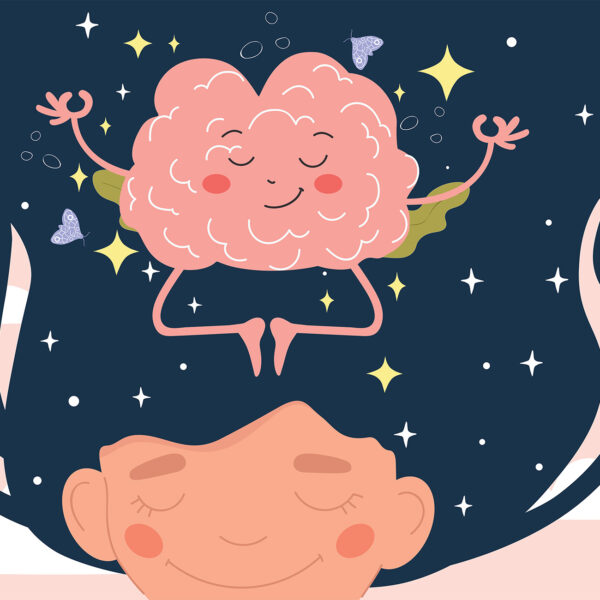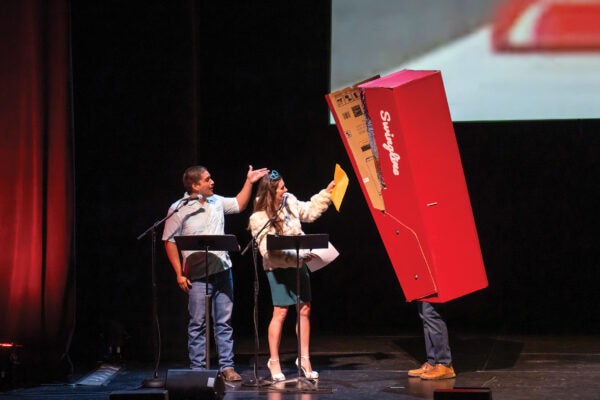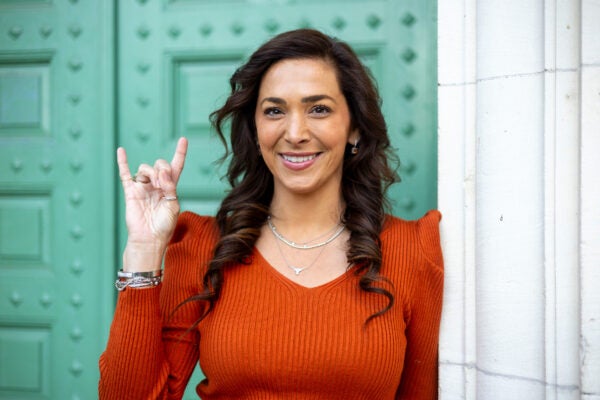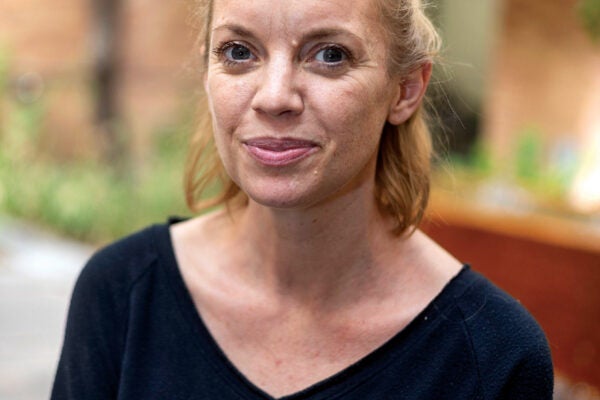To a significant degree, UT helped build modern Austin, especially since the 1980s, when the university’s intellectual ecosystem touched off an explosion of technology companies starting up in and moving to Central Texas. This was the beginning of a transformation that took Austin from a government-and-college town to the 11th largest city in the United States — larger than San Francisco, Seattle or Philadelphia. With that growth has come the challenges faced by every great American city, including, in particular, the overlapping problems of homelessness, high housing costs and mental illness.
Trying to ameliorate those problems is Allan Cole’s job. Cole, who still serves as a professor and senior associate dean for academic affairs in the Steve Hicks School of Social Work, also was appointed last year to be deputy to the president for societal challenges and opportunities.
We are talking more openly, honestly, courageously about the hard issues of the day and asking ourselves what role we can and should play … in helping to make things better.
Why did President Jay Hartzell think it was time for a position like this to be created?
He wanted the university to leverage its resources in a more intentional way with community partners to address the pressing social issues of the day, and especially their impact on those living in the city of Austin. As the idea took shape, I got excited about the work and, fortunately, President Hartzell invited me to lead it. It’s still evolving, and we’re creating it as we go. But there are three issues we agreed were timely and should garner more attention. Those were affordable housing, homelessness and mental health.
The goal is to identify and coordinate resources at UT, particularly faculty resources, in an effort to work more intentionally with community stakeholders and partners. Some of those partnerships exist now; some are being identified. And it’s not just about improving life at UT but about how we can improve life for people in the larger community, throughout the city. It is really going to take a collective effort to mitigate these challenges.
My expertise is in mental health. I know less about homelessness and even less about affordable housing. What I think I’m pretty good at is bringing people together to have meaningful conversations and trying to identify individuals and networks that should be talking to one another. So I’m learning a lot about affordable housing. I’m learning a lot about homelessness. I’ll learn things about mental health too, no doubt, but I come in with more knowledge about that piece than I do the other two.
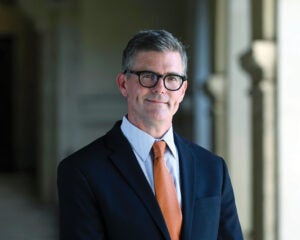
Do you feel mental health problems have always been basically in a steady state and that we’re just talking about them more now, or have we created a world in which we actually have more mental health problems?
I think it’s a combination of both. People have always wrestled with mental health concerns. As a society, we’re much more open to talking about that now, and that’s good. Some of the taboo or social stigma that historically has been a part of those experiences — of struggles with mental health — is less operative now. And I think part of this is driven by the fact that more people are affected by things like depression and anxiety, stress, relational difficulties, all the things that are mental health as we know it. With COVID, certainly the stressors of isolation, of illness or fear of illness, of educating children and educating college students remotely, of having to learn to work in different ways, or learning to work from home for those privileged to have that option — all of that exacerbated what was already a crisis in this country. Struggles with mental illness have always been there, but we talk about it more now because we have more people affected by it, and as a society, we are giving one another permission to speak about it.
As we settle back on campus, what do we need, psychologically or spiritually?
For a lot of us, the pandemic raised age-old questions, those that philosophers and novelists and other kinds of thinkers, really, all human beings, have wrestled with: Who am I? What is my purpose? What are my values? How do I want to spend my time? Whom do I want to spend it with? My resources — where should those be going? We’ve seen all of these large, existential questions come to the fore.
In response to these questions, I know people who have switched jobs and careers, who have changed their geography, who have downsized because they want to get out of the rat race. I know people who have dedicated their lives to causes they care about. I know people who have gone back to school because why put something off you want to do; life is unpredictable. I think these are responses to profound existential questions, value questions, priority questions. These questions are now being asked in light of what we’ve experienced. They prompt us to stop and assess and evaluate and then, in some cases, to make intentional decisions to pivot or sometimes change drastically the path we’re on.
And I think that’s a good thing. I’m a hopeful person by nature. I know many things in life are just de facto awful — COVID is awful, racism is awful. But there’s always the question of whether good things can follow from awful things. It doesn’t mean the bad things that happen are any less bad, but if they are an impetus for constructive change, then I think we do well to celebrate that opportunity.
There was so much inequity laid bare by COVID — the unfairness of manual laborers being more exposed because there was no way they could work remotely, the rich getting richer, the poor getting sick. Do you see any actual reversals coming out of that?
Our students give me the most hope that we’re on at least a better path, even if we haven’t quite figured it all out yet. And when I look at the level of awareness among larger groups of people, including our students — and the growing commitments to equity and justice, whether that’s racial justice, economic justice, environmental justice, social justice, as we often refer to it in social work — I’m encouraged. It’s also clear to me that the conversations have shifted. We are talking more openly, honestly, courageously about the hard issues of the day and asking ourselves what role we can and should play — personally — in helping to make things better.
This interview was originally published by UT News in September and has been edited for length.
